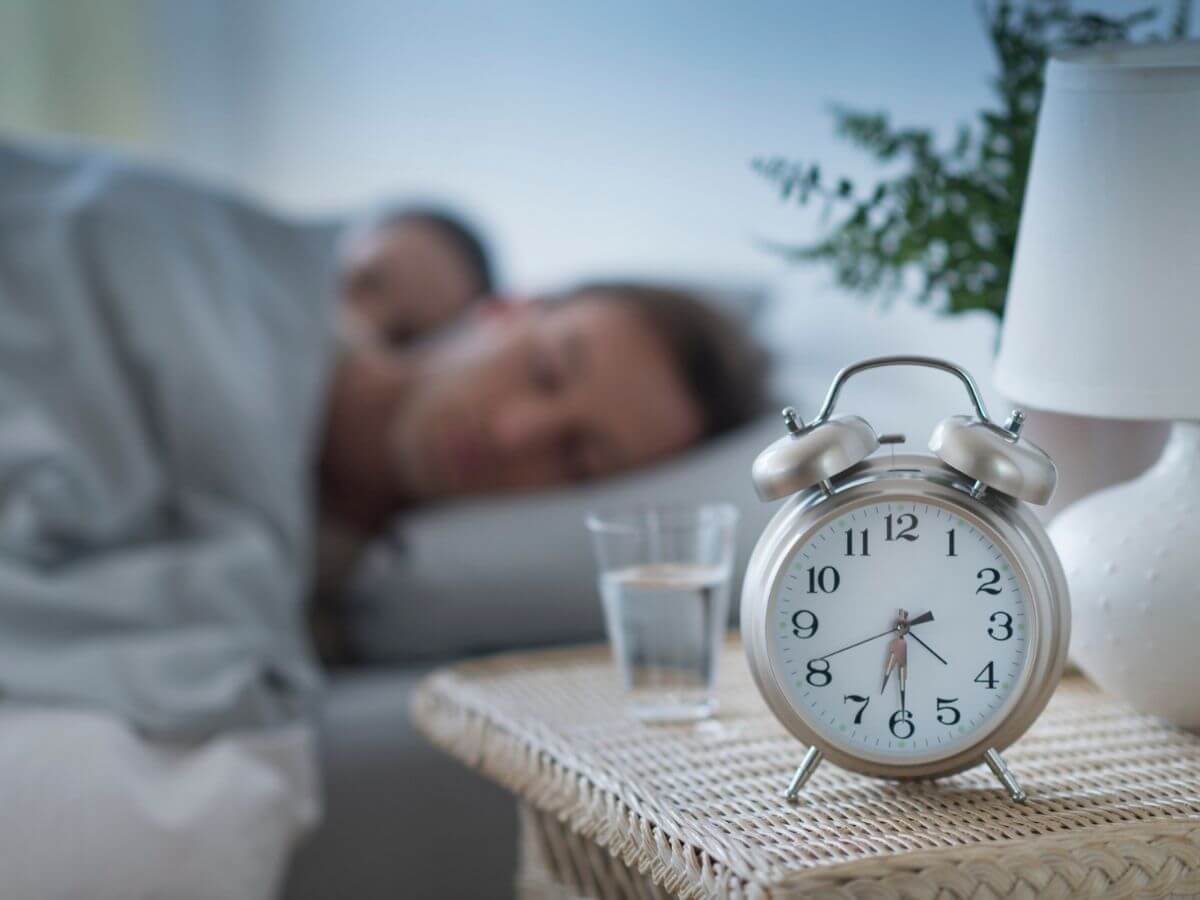Causes of Bedwetting in Adults

Bedwetting is the loss of bladder control during the night, particularly when it occurs after the age that someone can reasonably be expected to stay dry at night. Also called nighttime incontinence, nocturnal enuresis, or night enuresis, it’s more common in children than adults, but it does occur in people after childhood.
This article explains adult bedwetting causes, how bedwetting causes are diagnosed, and how adult bedwetting is treated.
What’s the Main Cause of Bedwetting?
There are several potential causes of bedwetting in adults. They include:
- Certain medications. Some medicines like antipsychotics and sleeping pills can irritate the bladder and cause bedwetting.
- Excessive urine production. Normally, a hormone called ADH tells your kidneys to cut back on urine production when appropriate, including at night. People who experience bedwetting may not make enough of this hormone or their kidneys may not be responding to it well. The form of diabetes called diabetes insipidus can adversely affect ADH levels.
- Overactive bladder (OAB). In this condition, the bladder muscles, which normally contract when you’re ready to urinate, contract at the wrong times — including while you’re sleeping. Read more about OAB here.
- Other conditions that affect the body’s ability to hold urine. This can include bladder cancer and prostate cancer, Parkinson’s disease, and multiple sclerosis. Other causes of trouble holding urine include constipation, enlarged prostate, urinary tract infection (UTI), urinary stones, pelvic organ prolapse, blocked urethra, diabetes, and structural problems with the bladder or other urinary organs.
At What Age Is Bedwetting a Problem?
There’s no specific age when bedwetting becomes a problem. But most young people find it distressing to be wetting the bed beyond grade school. For that reason, and also because bedwetting can be a symptom of other health issues, it’s important to talk with your doctor about medical reasons for adults wetting the bed if it becomes a persistent problem.
Never Miss a Beat
Get the health and wellness news that matters most delivered straight to your inbox. Subscribe to our free email newsletter to stay up-to-date on the latest news and more.
How Is Bedwetting Diagnosed
If you’re an adult with bedwetting problems, the good news is that the issue can be diagnosed and successfully treated.
First, your doctor will do a physical exam. Then you’ll be asked to answer questions about your condition. This includes things like how often bedwetting occurs, what time of night it occurs (if known), whether it’s a small or large amount of urine that’s released, and any other symptoms you’ve experienced.
Then, tests are performed to help diagnose the problem, including:
- Urine culture. A small amount of your urine is sent to a lab and placed in a nutrient dish, which is then checked for the growth of bacteria or yeast.
- Uroflowmetry. You urinate into a special funnel that determines how much urine you produce and how quickly it flows out.
- Urinalysis. A sample of your urine is checked for signs of infection or other issues with the bladder, ureters, kidneys, and urethra.
- Post-void residual urine measurement. This test measures the amount of urine left in your bladder after you urinate.
Based on all of this information, your doctor makes a diagnosis and develops a treatment plan.
Nocturnal Enuresis Treatment in Adults
If testing doesn’t uncover any disease or other issues that may be causing bedwetting and can be addressed, the next step is treatments specifically for bedwetting. This may include things like:
- Restricting fluids before bedtime
- Using a bedwetting alarm that’s a pad on your bed or a device that attaches to your underwear that wakes you up as soon as you start to wet the bed
- Setting an alarm to wake you up during the night so you can go to the bathroom
- Doing bladder retraining, which involves going to the bathroom at specific times of the day and night and slowly extending the time between trips
- Taking medication to reduce the amount of urine you produce
- Bladder augmentation surgery that expands the bladder’s capacity
- Detrusor myectomy surgery that removes some or all of the muscles around your bladder that are contracting at the wrong times
- Sacral nerve stimulation in which a small device is put into your body that sends signals to nerves in the lower back that help control urine flow
Help Is Available
If you experience bedwetting as an adult, your Baptist Health physician can find the right solution for you. To find a doctor in your area, use our online provider directory.
Next Steps and Useful Resources
Find a Provider
When to See a Urologist
How Can I Manage Urinary Incontinence?
Urological Procedures That Can Make Life Healthier – And a Lot More Comfortable.



